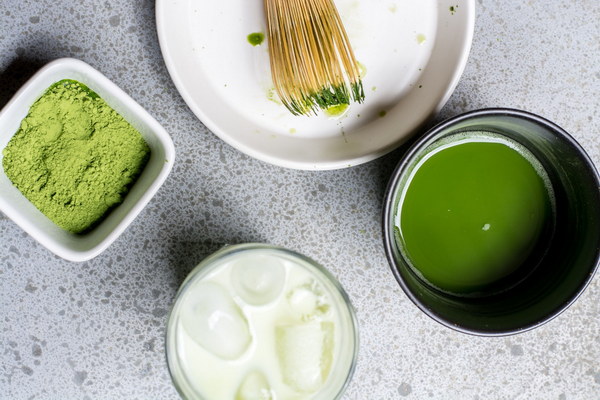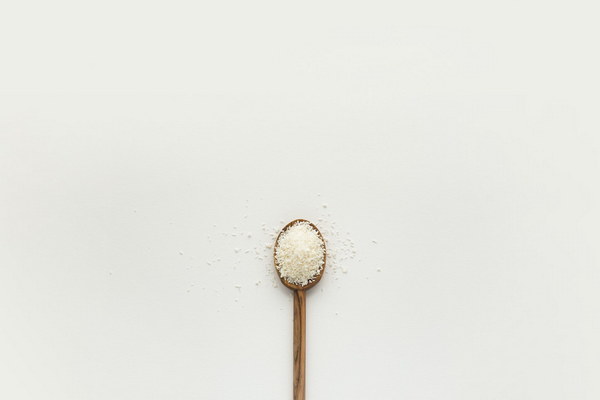The Health Benefits of Tea Can It Really Nourish Your Spleen and Strengthen Your Stomach
Tea has long been revered for its numerous health benefits, from boosting metabolism to reducing stress. However, one of the most intriguing aspects of tea is its potential to nourish the spleen and strengthen the stomach. But can drinking tea really help with these digestive issues? Let's explore the scientific evidence and traditional wisdom behind this claim.
In traditional Chinese medicine (TCM), the spleen and stomach play a crucial role in maintaining a healthy body. The spleen is responsible for transforming food into energy, while the stomach is in charge of digesting and absorbing nutrients. When these organs are functioning optimally, a person experiences good health, energy, and mental clarity. However, when they are imbalanced, it can lead to a variety of digestive problems, including bloating, constipation, and fatigue.
Many teas, particularly those with a warm and soothing quality, are believed to help nourish the spleen and strengthen the stomach. Here are a few reasons why:
1. Antioxidants: Tea is rich in antioxidants, which can help protect the cells in your body from damage caused by free radicals. This includes the cells in your digestive tract, which can be weakened by oxidative stress. Green tea, black tea, and white tea are all high in antioxidants, making them excellent choices for promoting a healthy spleen and stomach.
2. Anti-inflammatory properties: Inflammation is often at the root of many digestive issues. Tea, particularly herbal teas such as ginger tea and chamomile tea, has anti-inflammatory properties that can help reduce inflammation in the digestive tract.
3. Soothing effects: Many teas have a calming effect on the body, which can help relieve stress and anxiety. Stress can exacerbate digestive problems, so drinking a warm cup of tea may help alleviate some of these symptoms.
4. Digestive enzymes: Some teas, such as ginger tea, contain digestive enzymes that can help break down food more efficiently. This can lead to better nutrient absorption and improved digestion.
5. Probiotics: Certain teas, like kombucha and kefir tea, contain probiotics that can help maintain a healthy balance of gut bacteria. A healthy gut microbiome is essential for optimal digestion and overall health.
While there is limited scientific evidence to support the claim that tea can directly nourish the spleen and strengthen the stomach, there is plenty of research to suggest that it can promote overall digestive health. Here are some tips for incorporating tea into your daily routine to support your spleen and stomach:
- Choose teas that are known for their digestive benefits, such as ginger tea, chamomile tea, or peppermint tea.
- Drink tea warm or at room temperature, as cold beverages can be harsh on the digestive system.
- Avoid drinking tea immediately after meals, as it can interfere with the absorption of iron and other nutrients. Instead, enjoy a cup of tea between meals or before bedtime.

- Limit your caffeine intake, as excessive caffeine can exacerbate digestive issues in some people.
In conclusion, while there may not be definitive evidence to prove that tea can directly nourish the spleen and strengthen the stomach, it is a safe and enjoyable way to support your digestive health. By incorporating tea into your daily routine and choosing the right types of tea, you may experience some of the benefits of improved digestion and overall well-being.









